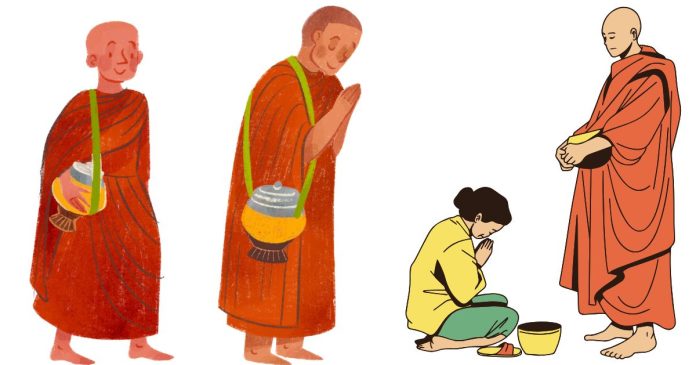Buddhist monks are often recognized by their shaved heads, a practice that symbolizes simplicity, humility, and renunciation of worldly attachments. While the shaving of the head is well-known, whether or not Buddhist monks shave other parts of their bodies depends on their specific tradition, rules, and personal or monastic preferences.
Why Do Monks Shave Their Heads?
The shaving of the head (known as tonsure) is an important ritual in Buddhist monastic life. It represents:
- Detachment: Letting go of vanity and physical appearance.
- Equality: Creating a uniform appearance among monks to reduce distractions and status comparisons.
- Commitment: Marking a symbolic step in their dedication to the monastic path.
This practice is universal among most Buddhist traditions, though the frequency of shaving may vary.
Do Monks Shave Their Bodies?
The shaving of the rest of the body (such as facial hair, arms, and legs) is not as universally practiced or required as shaving the head. However, there are situations where body shaving occurs:
- Theravāda Buddhism:
In Theravāda traditions (practiced in countries like Thailand, Sri Lanka, and Myanmar), monks are encouraged to keep their bodies clean and simple. While shaving the head and face is essential, shaving other body parts is less emphasized.- Some monks may shave other areas for hygiene reasons, especially in tropical climates where body hair could attract lice or insects.
- Mahayana Buddhism:
In Mahayana traditions (practiced in China, Japan, and Korea), monks typically shave their heads and facial hair. Shaving other parts of the body is rare unless required for cleanliness. - Vajrayana Buddhism:
In Tibetan Buddhism (a branch of Vajrayana), monks shave their heads and often their beards, but body hair removal is not commonly practiced. - Hygiene and Practicality:
In regions where the climate is hot and humid, body shaving may be adopted as a way to prevent sweat buildup and skin irritation. It is a personal or local monastic choice rather than a strict religious rule.
Symbolic Meaning of Shaving
Regardless of how much hair is shaved, the act itself is symbolic of:
- Letting go of ego and attachment to physical appearance.
- Practicing mindfulness and simplicity.
- Reaffirming their monastic vows and discipline.
While all Buddhist monks shave their heads as part of their commitment to monastic life, the shaving of other body parts is less consistent and varies across traditions, climates, and personal preferences. Ultimately, these practices are rooted in the broader values of detachment, cleanliness, and humility that underpin the monastic lifestyle.


